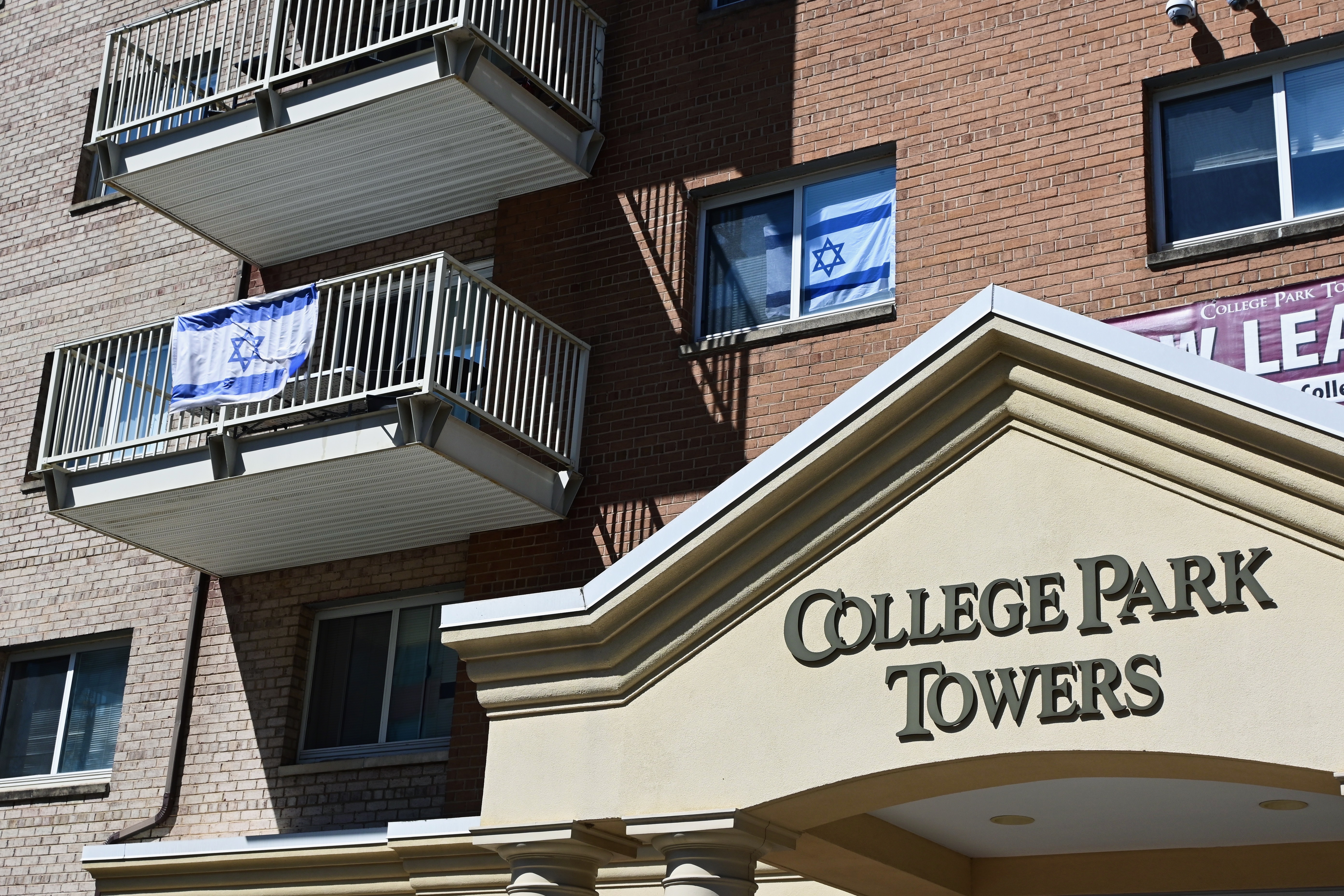By Jack Singelstad
@dumo276
For Mitzpeh
A clash between Ethiopian military forces and separatists in the semi-autonomous region of Tigray in Northern Ethiopia threatens to move towards civil war. Israel must meet this moment to preserve security for a growing partner and affirm its intentions to maintain peace in the Middle East.
Ethiopian Prime Minister Abiy Ahmed has downplayed the violence between his government and the Tigray People’s Liberation Front (TPLF), which local reports estimate has killed hundreds of people.
Countries in East Africa and around the world have expressed grave concern for the potential of this conflict to echo throughout the region. Sudan has moved troops to its border as refugees cross to escape the violence in Tigray, while Eritrea, a long-time enemy of the TPLF, has been accused by Tigray President Debretsion Gebremichael of mobilizing its forces in support of Ahmed’s campaign. The TPLF has launched missiles at Eritrea’s capital of Asmara in retaliation.
With a military force 250,000 strong that possesses modern technology, it is unlikely that the TPLF gives in swiftly. Ethiopia, a country of 110 million people that is already home to nearly 2 million internally displaced persons who mostly live in or near Tigray, may topple into a massive humanitarian crisis.
As it strikes new diplomatic relations with its Arab neighbors on a path to peace in the Middle East, Israel is in a unique and timely position to influence a resolution to Ethiopia’s budding civil war. This is made more possible by strong existing ties between the two countries based on common security interests.
They have each spent decades fighting Islamist terrorism at their borders, specifically Hamas and Hezbollah in the Levant and Al-Shabaab in Somalia. This past week, Ethiopia and Israel announced a brand new intelligence sharing partnership to combat terrorism and ensure regional security. Whether this will come into play in the current conflict is yet to be determined.
Israel is also invested in Ethiopia’s economic development. One of Africa’s fastest growing economies, Ethiopia is home to a young workforce. Still, it relies on agriculture for 70% of its gross domestic product while it lacks technical skills to enhance crop output. To assist, Israel funds training programs that share its knowledge of irrigation practices with Ethiopian farmers.
Despite Ethiopia’s history as a predominantly Christian nation, Jews have lived there since biblical times. They have faced persecution in Ethiopia, including forced conversion to Christianity during the 19th century. Today, only around 8,000 Jews remain in Ethiopia. This is because the vast majority emigrated to Israel in the 1980s and 1990s in flight of a violent civil war. Since then, this group has grown to 150,000, or 1.75% of Israel’s population, while adopting the name “Beta Israel.”
In recent years, Ethiopian-Israelis have intensely protested racial discrimination and police brutality of young men like Solomon Tekah, who was killed by an off-duty police officer in 2019. Meanwhile, Israel has gradually admitted more Ethiopian Jews: 2,000 are expected to arrive in the coming months, most with first-generation ties to those already there. In addition, Ethiopian-Israelis have been disappointed with slow government action towards bringing their relatives to Israel, which Prime Minister Benjamin Netanyahu promised in March. The imminent threat to safety for those who remain in Ethiopia is sure to attract attention from this vocal constituency.
So, what role can Israel play in this conflict? Prime Minister Ahmed may hope that Israel leverages its qualitative military advantages to support the fight against the TPLF through sales of top-end weapons. A joint effort to apply pressure with Eritrea coming from the north could force the separatists to surrender.
However, the TPLF is deeply committed to this struggle. Before Ahmed won election in 2018, the Tigray, who comprise just 7.3% of Ethiopia’s ethnic population, enjoyed nearly two decades of great political power. This largely stemmed from their outsized roles in the Ethiopian Civil War and Ethiopian-Eritrean War from 1998 to 2000. As Ahmed grows closer with Eritrea and consolidates his rule elsewhere, the Tigray feel ostracized from Ethiopian politics, and emboldened to act out with force.
Clearly, the better option is peace. Prime Minister Netanyahu should take a major role in mediation to signal Israel’s active commitment to stability in the region. This would build upon its symbolic gains through closer ties with the UAE, Bahrain, and Sudan. By testing its weight as a regional leader in diplomacy, Israel could pose itself as a potential friend and ally to its neighbors. As Ethiopia’s own neighbors deal with instability, an outside partner like Israel is crucial to carve a path to peace. Israel must seize its diplomatic momentum to restore Ethiopia’s security, prevent a new refugee crisis, and reinvent its role in the international community.
Jack is a senior History and Government and Politics major, with a concentration in International Relations. He can be contacted at jack.singelstad@gmail.com





